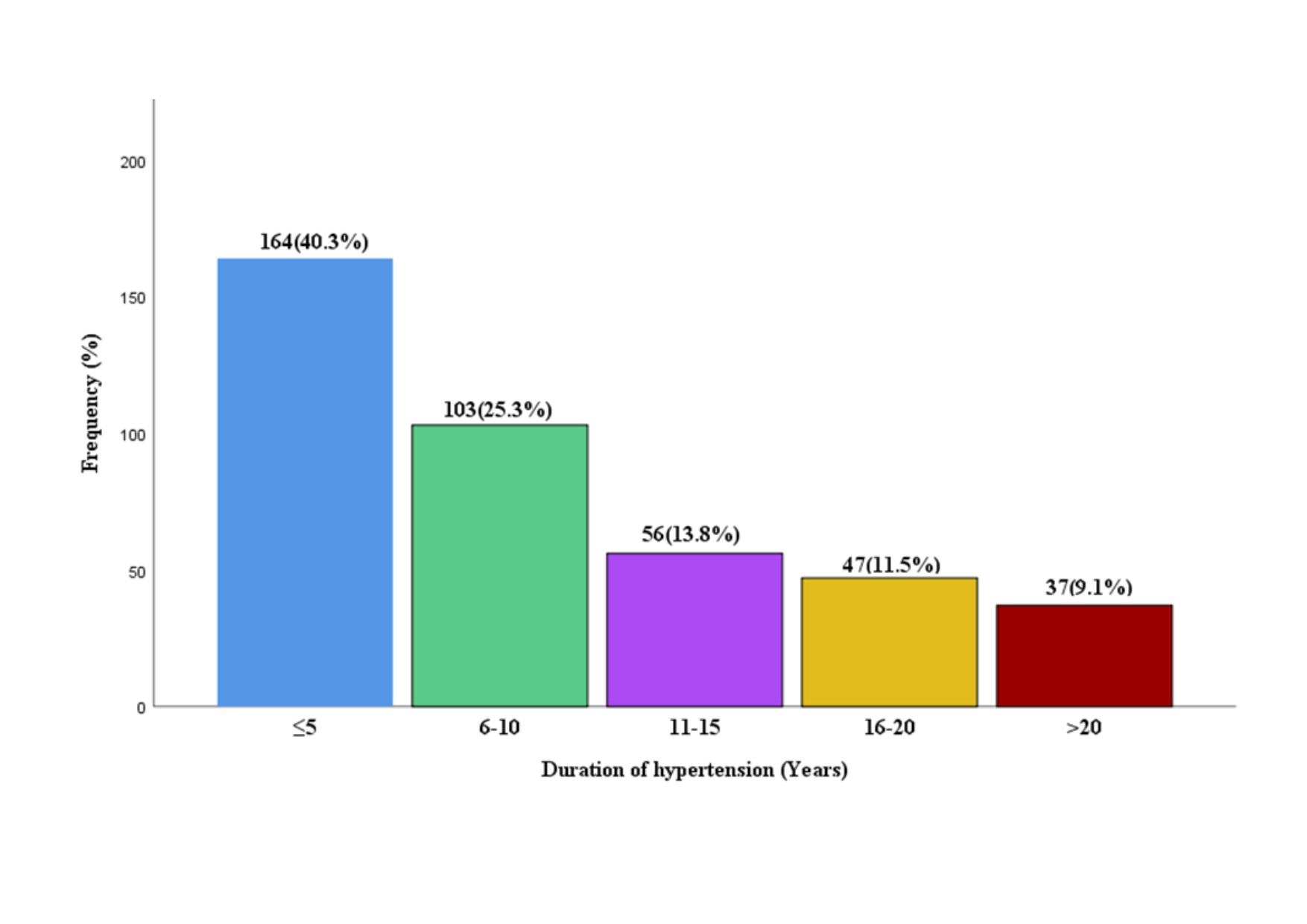DETERMINANTS OF BLOOD PRESSURE CONTROL AMONG HYPERTENSIVE PATIENTS ATTENDING THE FAMILY MEDICINE CLINIC, LAGOS STATE UNIVERSITY TEACHING HOSPITAL (LASUTH), LAGOS, NIGERIA
Abstract
Background: Hypertension is one of the most prevalent non-communicable diseases and contributes largely to disability-adjusted life years (DALYs). It is a major cause of cardiovascular disease and premature death worldwide. Several factors have been reported to affect blood pressure control including age, gender, marital status, self-care practices among others. The study aimed to determine the determinants of blood pressure control among hypertensive patients in LASUTH to modify these factors to improve blood pressure control, reduce morbidity, mortality, and improve quality of life.
Methodology: A descriptive hospital-based cross-sectional study was conducted among 407 hypertensive patients. An interviewer-administered questionnaire was used to obtain relevant data.
Results: A total of 407 participants were enrolled in the study. The age range of the participants was 36-86 years. The modal age category of participants was between 61-70 years (39.6%) with a mean age of 65.25+10.7 years. Over three-quarters (76.4%) of the participants were females. About 60% of the respondents (56.8%) had good blood pressure control. The sociodemographic and clinical factors associated with blood pressure control were gender (p=0.045), employment status (p=0.048), number of antihypertensive drugs (p=0.031), and practice of home monitoring of blood pressure (p=0.007). The independent predictors of controlled blood pressure control were gender; (OR- 1.547, P-0.046; 95% CI: 1.034-2.484); employment status; (OR-2.028, P- 0.014; 95% CI: 1.140-3.608), the practice of home blood pressure monitoring; (OR-2.078, p-0.003; 95% CI: 1.277-3.380) and number of antihypertensive drugs; two drugs: (OR-1.886, p-0.026, 95% CI: 1.079-3.297) and one drug: (OR- 2.392 p-0.005; 95% CI:1.298-4.408).





